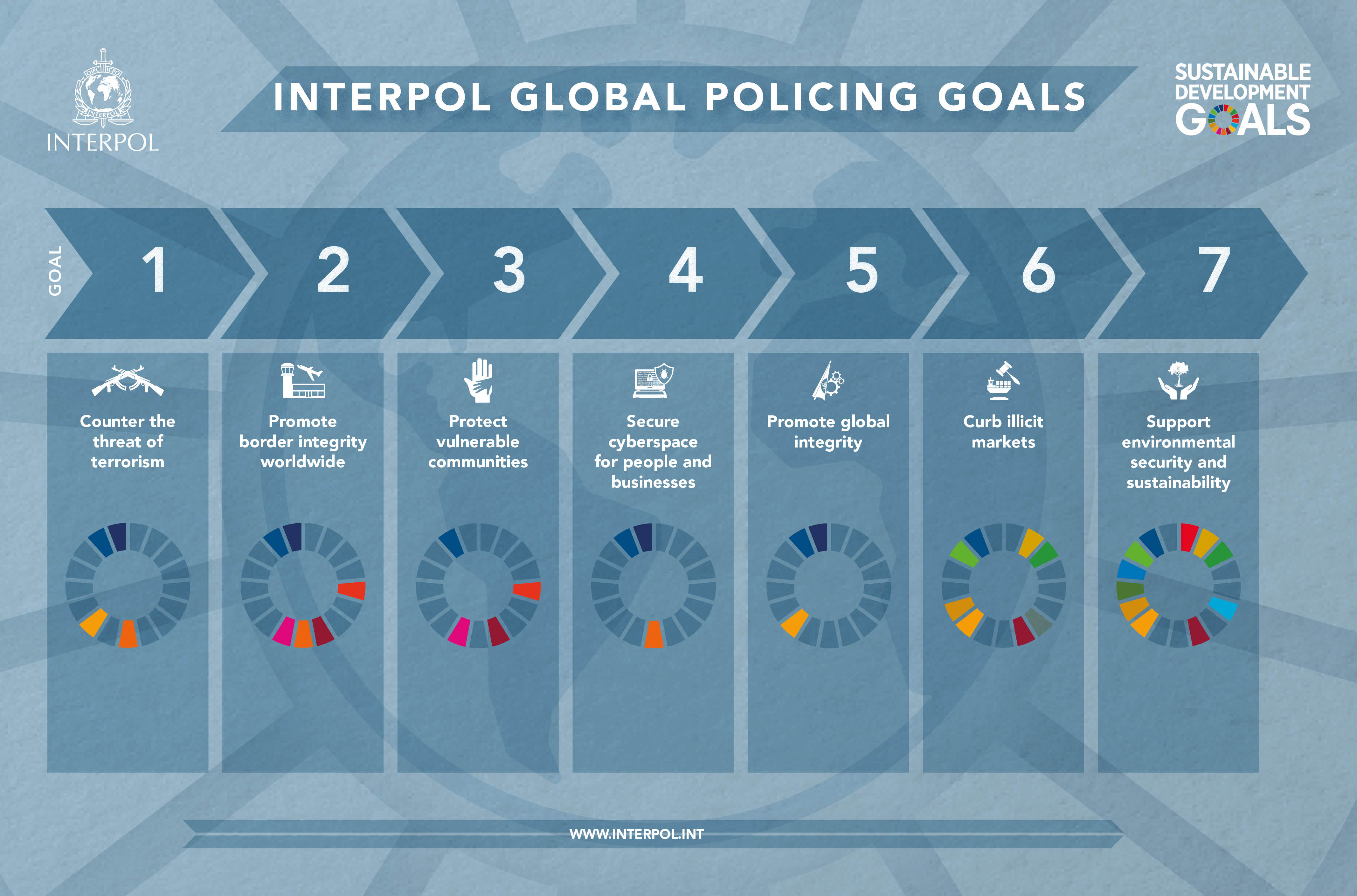Improving Digital Identity Act of 2023 Proposed U.S. Senate Bill S. 884 - Legalities, Freedom, Risks, and Potential Benefits
Introduction
Here is a legal opinion of the actions suggested in the proposed bill S. 884, along with my personal opinion regarding the pros and cons of the bill in respects to current U.S. constitutional law and personal freedom in general.
Legal Opinion
The proposed bill S. 884 would establish a government-wide approach to improving digital identity. The bill would create a new office within the Department of Homeland Security to oversee the development and implementation of a national digital identity framework. The bill would also require federal agencies to adopt the framework and to use it to verify the identity of individuals who interact with the government.
The bill has a number of potential benefits. It could help to reduce fraud and identity theft, and it could make it easier for individuals to do business with the government. The bill could also help to improve the security of the nation's critical infrastructure.
However, the bill also raises a number of concerns. Some critics argue that the bill would create a national database of personal information that could be used to track and monitor individuals. Others argue that the bill would give the government too much power to control who has access to government services.
Personal Opinion
I believe that the proposed bill S. 884 has both potential benefits and risks. On the one hand, the bill could help to reduce fraud and identity theft, and it could make it easier for individuals to do business with the government. On the other hand, the bill raises concerns about government surveillance and the potential for abuse of power.
Ultimately, I believe that the decision of whether or not to support the bill is a complex one. There are a number of factors to consider, including the potential benefits and risks, the potential impact on individual privacy, and the potential impact on the balance of power between the government and the people.
Respects to Current U.S. Constitutional Law and Personal Freedom in General
The proposed bill S. 884 raises a number of constitutional and privacy concerns. The bill would create a new government database of personal information, and it would give the government the power to require individuals to use that database to access government services. These powers could be used to track and monitor individuals, and they could infringe on individual privacy rights.
The bill also raises concerns about the balance of power between the government and the people. The bill would give the government the power to control who has access to government services, and it could be used to discriminate against certain groups of people.
The proposed bill S. 884 is a complex piece of legislation with a number of potential benefits and risks. It is important to carefully consider the potential impact of the bill on individual privacy and on the balance of power between the government and the people before deciding whether or not to support it.
United Nations 2030 Agenda for Sustainable Development
INTERPOL – in its capacity as the largest and oldest international law enforcement police organization in the world – as uniquely positioned to be the implementing partner of a number of the 2030 Sustainable Development Goals (SDGs).
INTERPOL’s Global Policing Goals are therefore aligned with the United Nations 2030 Agenda for Sustainable Development.
This applies especially to Goal 16 (SDG 16) “Peace, Justice and Strong Institutions” which sets targets to reduce all forms of violence, to curtail arms trafficking and to fight organized crime.
Conclusion
It all seems to be adding up to some serious loss of inalienable rights and freedoms in general. Best to get ready to be off grid in order to live without this yoke on your neck. Step up and defend yourselves. Laws are not laws if they are unjust and we determine if we agree they are laws we will follow.



Comments
Post a Comment
Thank you for your comments and ideas.